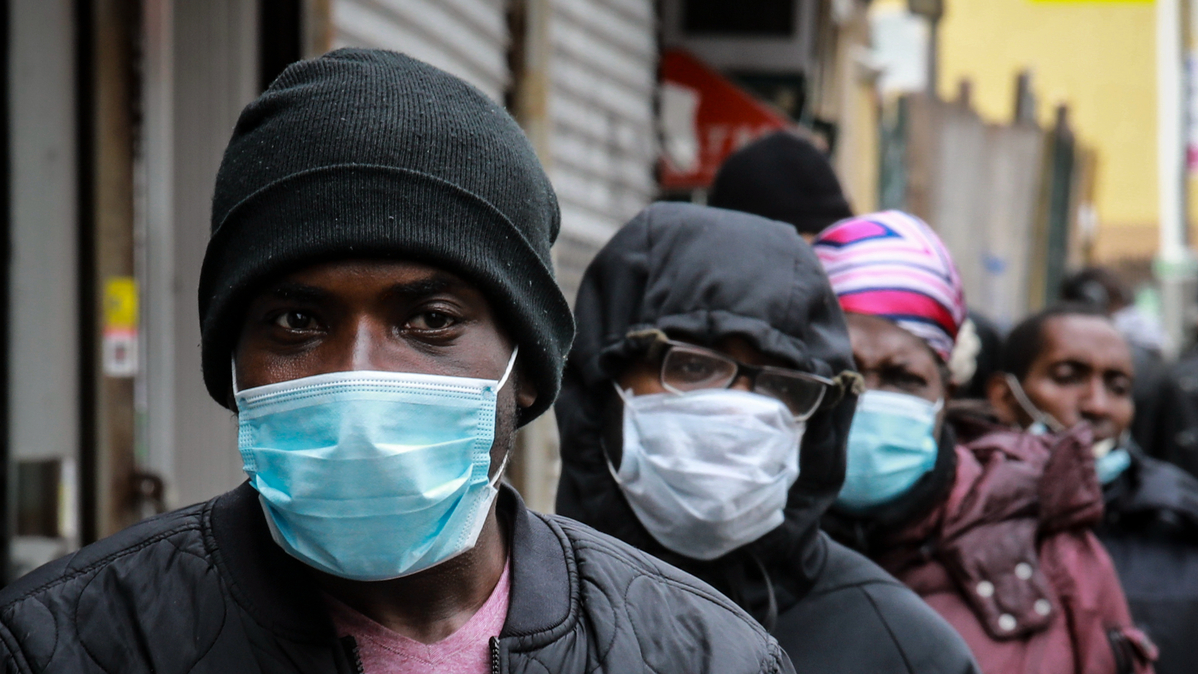Struggles of African-Americans in the US

On economy

Under the circumstances of the COVID-19 outbreak and protests in the United States, African-Americans' economic reality has started to draw public attention.
A survey by Pew Research found that in April, 44 percent of African-Americans said that they or someone in their household experienced a job or wage loss due to the coronavirus outbreak, compared to 38 percent of white adults.
During the pandemic, another blow for African-Americans has been unemployment, which often leads to homelessness. The US Bureau of Labor Statistics reported on May 8 that the country shed 20.5 million jobs in April, and the unemployment rate rose to an unprecedented 14.7 percent. Among the unemployed, 16.7 percent are African Americans, who rely heavily on the leisure and hospitality sector, which lost 77 percent of its jobs as travel ground to a near halt.
Three quarters of them admitted that they don't have emergency funds to cover expenses, and more than 45 percent "cannot pay some bills".
Even relief isn't equitable. A survey found black businesses were less likely to be approved for aid from the federal government's Paycheck Protection Program. Experts warn that could worsen the financial wealth gap between whites and blacks.
In labor market, African-Americans also have more difficulties to get a job, never mind a good one, than their white counterparts. They continue to face systematically higher unemployment rates, fewer job opportunities, lower pay, poorer benefits and greater job instability.
They also receive fewer employer-provided benefits than white workers. Only a little more than half of African-Americans - 55.4 percent - had private health insurance in 2018, compared with 74.8 percent of whites.


















